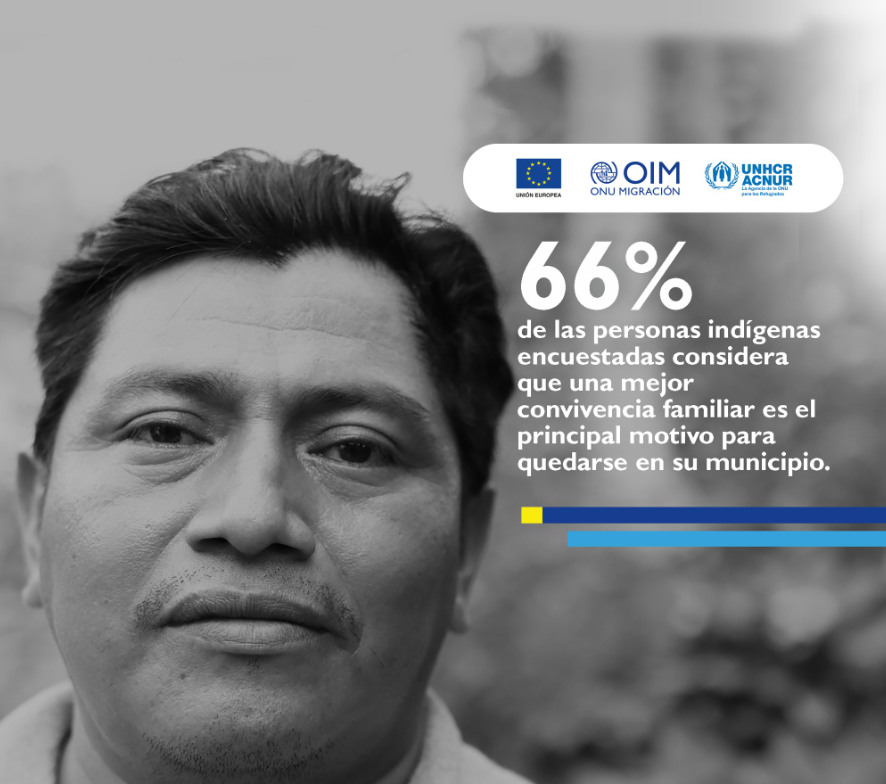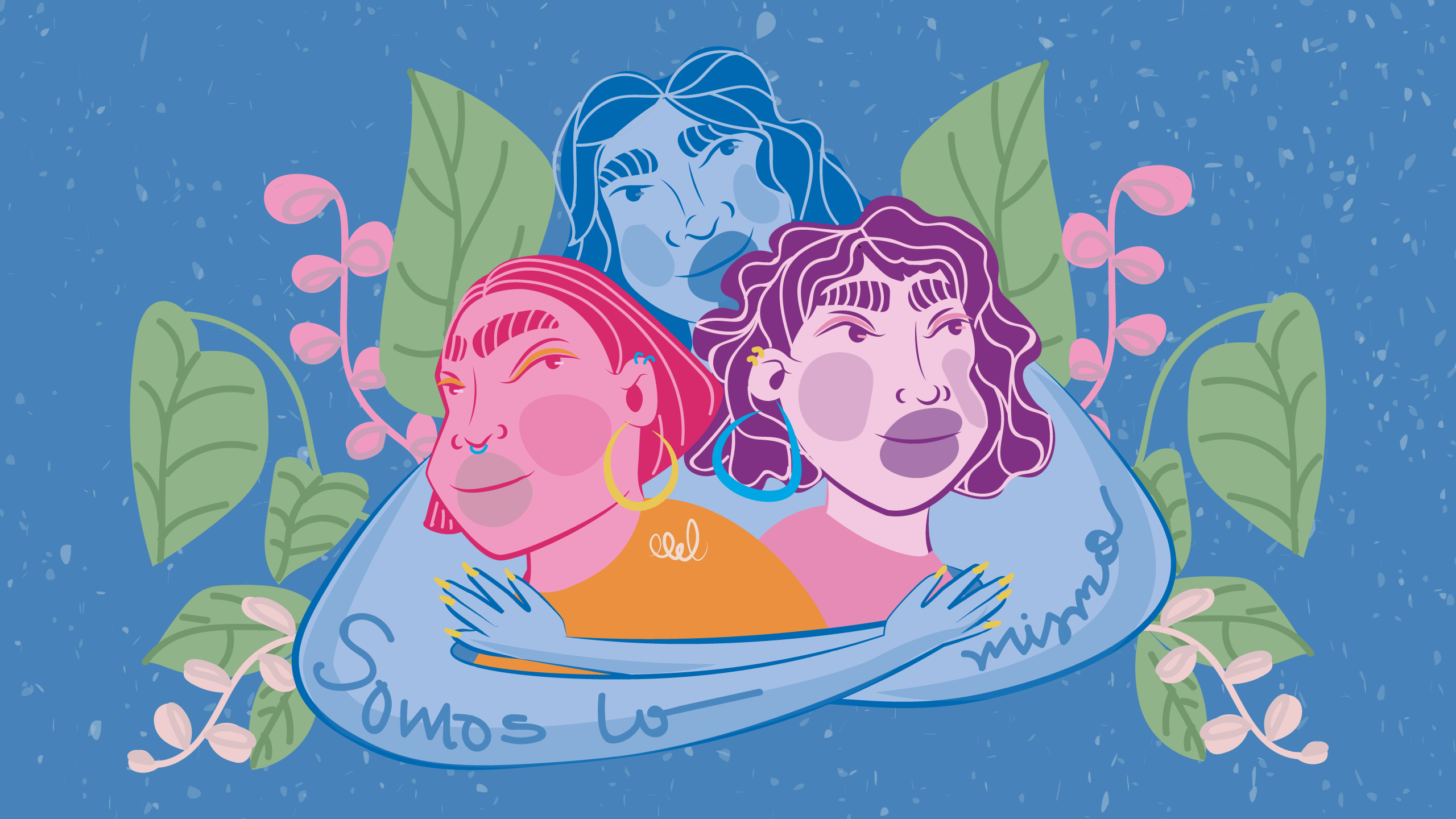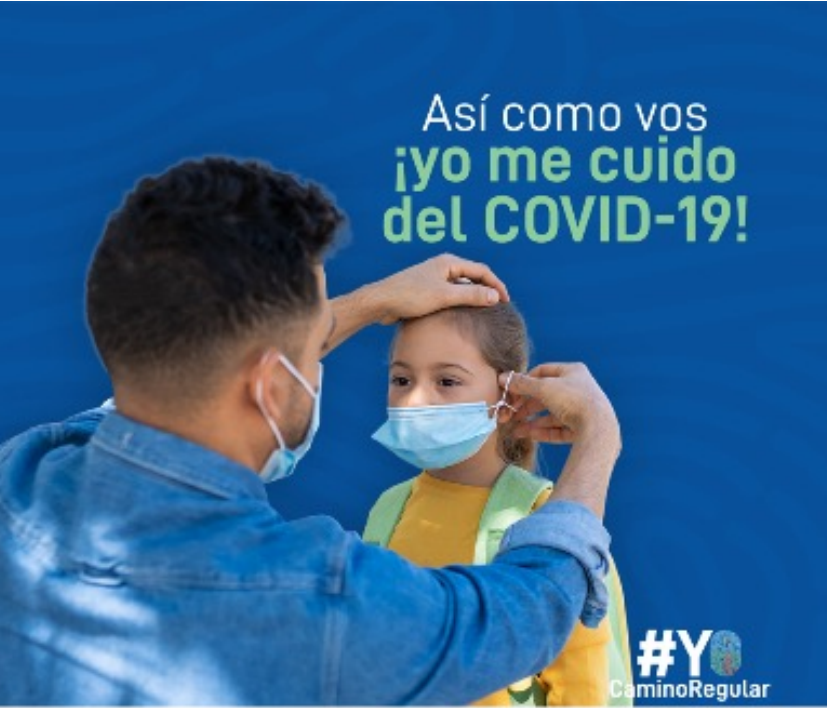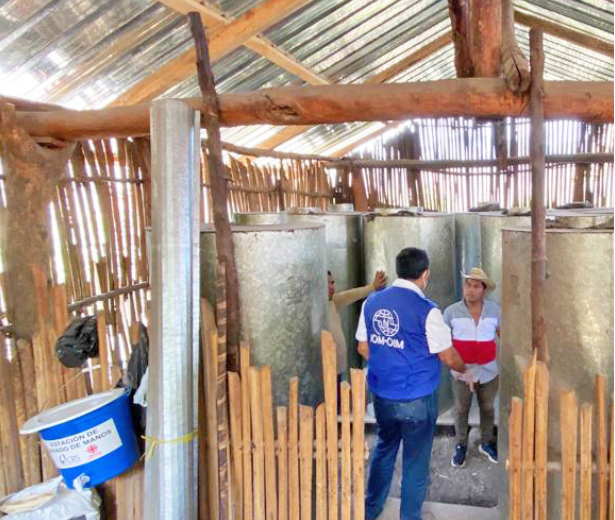Promoting Peaceful Coexistence in the COVID-19 Response for Migrants, Refugees and other Vulnerable Populations
Description
The regional action was implemented with funds from the European Union and executed at an inter-agency level by IOM and UNHCR, the project aimed to promote integration and peaceful coexistence by improving the health response, community participation, and the protection environment of affected communities.
The interventions focused on providing greater access to health services and social protection, with the aim of increasing the resilience of vulnerable populations to the socioeconomic impact of the pandemic and supporting their recovery from the crisis.
Beneficiaries
Vulnerable populations such as indigenous populations, migrant women, the LGTBI community, stranded migrants, returnees, refugees, asylum seekers, internally displaced persons, and vulnerable members of the host/transit communities who have been negatively affected by COVID-19.
Key Results
 |
Access to health services and social safety nets for migrants, refugees, and persons of concern

53,846 protection equipment kits delivered
- 8.717 migrants and returnees
- 33.193 refugees, asylums seekers, and persons in need of protection
- 11.936 frontline workers (migration and health) and civil society
|
|
Improving government response capacities to address conflict-sensitive challenges caused by the COVID-19 pandemic
 5,525 people trained 5,525 people trained
- 1,869 Community members trained at the local level on dispute resolution groups engaged in resolving COVID-19 conflicts
- 1,813 Stakeholders trained on prevention and response to the COVID-19
- 1,843 National and local institutions that support the inclusion of POC in advocacy and development efforts
|
 |
 |
Database evidence Reports
 19 database reports completed 19 database reports completed
- A total of 17 Displacement Tracking Matrix (DTM) situational reports were implemented in Haiti, Nicaragua, and Panamá.
- In Honduras, El Salvador, and Haiti, 2 communitarian assessments related to immediate and long terms needs and impacts of COVID-19.
|
|
Peaceful coexistence efforts against discrimination and xenophobia
 +2.2 million people reached with anti-xenophobia and anti-discrimination messages as part of campaigns by multimedia channel +2.2 million people reached with anti-xenophobia and anti-discrimination messages as part of campaigns by multimedia channel
|
 |
 |
COVID-19 awareness-raising materials
 + 5 thousand educational materials on covid-19 prevention were delivered on: + 5 thousand educational materials on covid-19 prevention were delivered on:
-
Hand washing techniques
-
COVID-19 prevention information guide
-
Vaccination priority groups, recognizing COVID-19, variant mutations and strains of COVID-19
|
|
Access to economic recovery efforts for migrants, refugees, and persons of concern
 1452 benefiting families of refugees and other POC receiving multipurpose grants with livelihoods mechanisms severely affected by COVID-19 1452 benefiting families of refugees and other POC receiving multipurpose grants with livelihoods mechanisms severely affected by COVID-19
- 173 Guatemala
- 280 Honduras
- 999 Panamá
|
 |
|
Coordination for a comprehensive and effective response to the pandemic and its consequences by national and international actors
- Technical assistance was provided to the member countries of the Commission of Migration Authorities of the SICA Region, OCAM (for its acronym in Spanish) during its LVI ordinary meeting.
- In Panamá, the project supported interinstitutional workshops related to Trafficking, and smuthe ggling of Migrants and Related Activities. Also, strengthened the process of the UN Human Mobility Group allowing the group consolidation mechanism in Darien.
- In Nicaragua, two training processes were carried out with the use of the online platform ContraTrata. org, to personnel from civil society organizations that work with migrant and vulnerable populations.
- In Guatemala in coordination with the private transport company “Cristobal Colon” and the Guatemalan Institute of Migration, a total of 200 transport tickets were delivered to family units who do not have the economic resources to move to their places of origin upon their return.
|
Location
El Salvador
Guatemala
Haiti
Honduras
Panama
Nicaragua

